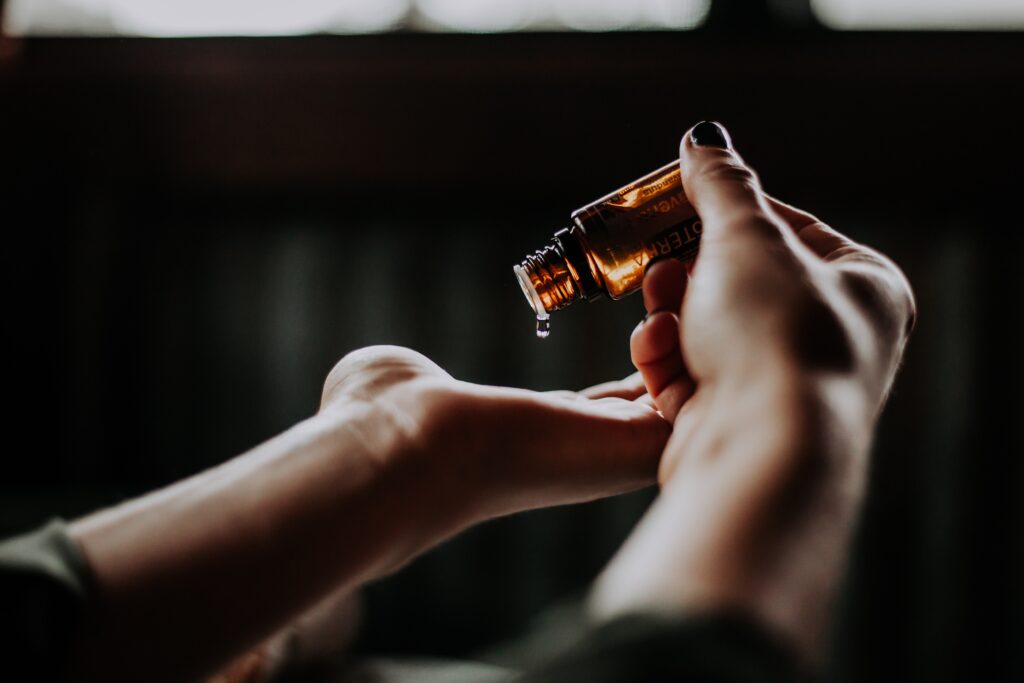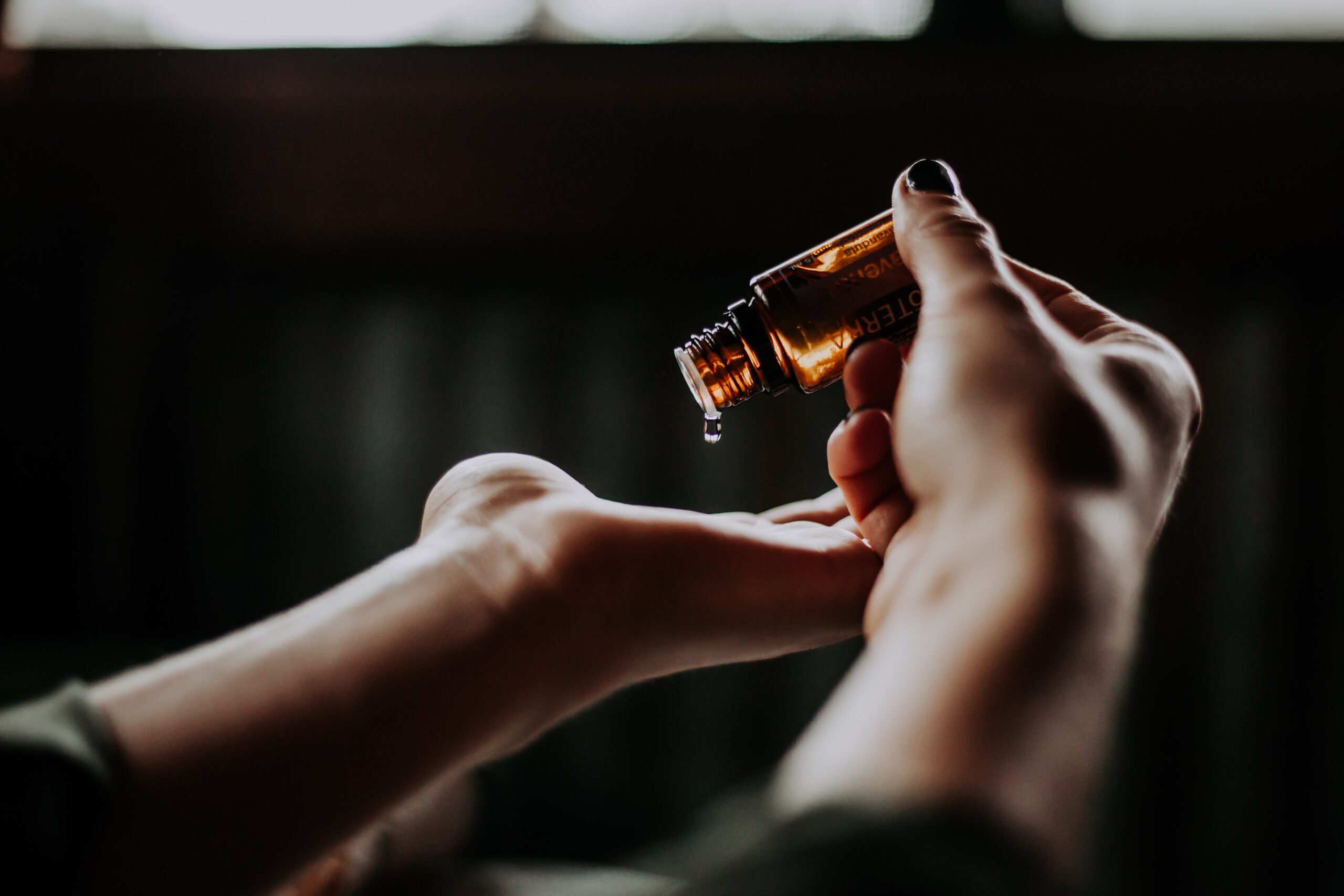As an Amazon Associate I earn from qualifying purchases.
In this article, we’ll explore effective strategies to prevent hemorrhoids and keep them at bay. You’ll learn about lifestyle changes you can make to reduce the risk of developing hemorrhoids, including maintaining a healthy diet and staying physically active. We’ll also discuss how to promote regular bowel movements and avoid straining. By implementing these proven methods, you’ll be able to prevent the discomfort and inconvenience associated with hemorrhoids.

Proven Methods to Prevent Hemorrhoids
Hemorrhoids can be a painful and uncomfortable condition that affects many people. Understanding how to prevent hemorrhoids from developing is crucial in maintaining your overall health and well-being. In this article, we will discuss proven methods to prevent hemorrhoids and promote a healthy lifestyle.
What Are Hemorrhoids?
Hemorrhoids, also known as piles, are swollen veins in the lower rectum or anus. They can cause discomfort, pain, itching, and sometimes bleeding. Hemorrhoids can be internal or external, depending on their location. Internal hemorrhoids occur inside the rectum, while external hemorrhoids develop under the skin around the anus.
Types of Hemorrhoids
There are two main types of hemorrhoids: internal and external. Internal hemorrhoids occur inside the rectum and are usually painless. They can cause bleeding during bowel movements. External hemorrhoids, on the other hand, develop under the skin around the anus and can be painful and itchy.
Risk Factors for Hemorrhoids
Several factors increase the risk of developing hemorrhoids. While some of these factors are out of your control, others can be managed through lifestyle changes.
Genetics
Genetic predisposition plays a role in the development of hemorrhoids. If your family members have a history of hemorrhoids, you may be more likely to develop them as well. While you cannot change your genetics, you can minimize other risk factors to prevent hemorrhoids.
Pregnancy
Pregnancy can increase the risk of developing hemorrhoids. The growing uterus puts pressure on the veins in the pelvic region, leading to the development of hemorrhoids. Hormonal changes during pregnancy can also contribute to their formation. However, there are preventive measures that can be taken.
Obesity
Being overweight or obese puts extra pressure on the veins in the rectal area. This pressure can lead to the development of hemorrhoids. Maintaining a healthy weight through diet and exercise can help prevent hemorrhoids.
Sedentary Lifestyle
Sitting for prolonged periods can increase the risk of hemorrhoids. Lack of physical activity and a sedentary lifestyle can cause blood to pool in the veins of the rectal area, leading to the formation of hemorrhoids. Regular exercise can help prevent this.
Chronic Constipation
Straining during bowel movements due to chronic constipation can cause hemorrhoids. Hard stools require more effort to pass, putting pressure on the veins in the rectal area. Preventing constipation through diet and lifestyle changes can reduce the risk of hemorrhoids.
Maintaining a Healthy Diet
A healthy diet plays a crucial role in preventing hemorrhoids. Including high-fiber foods and ensuring adequate hydration can promote regular bowel movements and prevent constipation.
High-Fiber Foods
Fiber adds bulk to your stool, making it easier to pass. Include foods such as fruits, vegetables, whole grains, and legumes in your diet to ensure an adequate fiber intake. Aim for at least 25 to 30 grams of fiber per day.
Adequate Hydration
Drinking enough water and staying hydrated can prevent constipation. Water helps soften the stool, making it easier to pass. Aim to drink at least 8 glasses of water per day, and include other hydrating beverages such as herbal tea and fresh fruit juices.
Regular Exercise
Exercise not only benefits your overall health but also helps prevent hemorrhoids by improving blood flow and reducing the risk of constipation.
Benefits of Exercise
Regular exercise improves digestion and prevents constipation. It also helps maintain a healthy weight, reducing the pressure on the veins in the rectal area. Exercise also improves blood flow to the entire body, including the rectal area, reducing the risk of hemorrhoids.
Recommended Physical Activities
Engaging in physical activities such as brisk walking, jogging, cycling, swimming, or yoga can help prevent hemorrhoids. Aim for at least 30 minutes of moderate-intensity exercise most days of the week.

Proper Toilet Habits
Adopting proper toilet habits can go a long way in preventing hemorrhoids.
Avoid Straining
Avoid straining during bowel movements, as it can lead to the development of hemorrhoids. Take your time and relax while on the toilet. Do not force a bowel movement if it is not happening naturally.
Use Gentle Wipes
Avoid using rough or scented toilet paper, as it can irritate the rectal area. Instead, use gentle wipes or moistened toilet paper to clean yourself after a bowel movement.
Don’t Sit on the Toilet for too Long
Avoid sitting on the toilet for extended periods of time. Prolonged sitting can put unnecessary pressure on the veins in the rectal area and increase the risk of hemorrhoids.
Taking Breaks from Prolonged Sitting
If you have a sedentary job or find yourself sitting for long periods of time, it is important to take regular breaks to prevent the development of hemorrhoids.
Importance of Frequent Movement
Frequent movement helps improve blood circulation and prevents blood from pooling in the veins of the rectal area. Take short walks or do simple stretching exercises every hour to keep your body active.
Ergonomic Seating Options
If you have a job that requires prolonged sitting, consider using ergonomic seating options. These chairs provide better support to your back and promote better blood flow, reducing the risk of hemorrhoids.

Avoiding Heavy Lifting
Avoiding heavy lifting is another important preventive measure to reduce the risk of hemorrhoids.
Proper Lifting Techniques
If you need to lift heavy objects, make sure to use proper lifting techniques. Bend your knees and keep your back straight while lifting to avoid putting unnecessary pressure on the veins in the rectal area.
Seek Assistance if needed
If an object is too heavy, do not hesitate to ask for assistance. It is better to ask for help than risk developing hemorrhoids due to heavy lifting.
Treating Chronic Constipation
Chronic constipation is a common risk factor for hemorrhoids. If you struggle with constipation, several strategies can help alleviate the symptoms and prevent the development of hemorrhoids.
Increasing Fiber Intake
Increasing your fiber intake can help soften the stool and prevent constipation. Include foods such as whole grains, fruits, vegetables, and legumes in your diet. If needed, you can also consider taking fiber supplements.
Using Stool Softeners
Stool softeners can help lubricate the stool, making it easier to pass. Talk to your doctor or pharmacist about appropriate stool softener options.
Laxatives as a Last Resort
Laxatives should only be used as a last resort for treating chronic constipation. They should not be used regularly, as they can cause dependence and further exacerbate constipation. Consult with your healthcare provider before using laxatives.
Avoiding Prolonged Straining during Bowel Movements
Relaxation techniques and using proper positioning during bowel movements can help prevent straining and the development of hemorrhoids.
Relaxation Techniques
Relaxation techniques such as deep breathing can help you relax and ease bowel movements. Practice deep breathing exercises while on the toilet to prevent straining.
Using Squatting Position
Using a squatting position while on the toilet can help align the rectum and make bowel movements easier. Consider using a squatting stool or raising your feet using a stepstool to achieve a squatting position.
Conclusion
In conclusion, preventing hemorrhoids involves adopting healthy lifestyle habits and making smart choices. By understanding the risk factors associated with hemorrhoids and implementing proven preventive strategies such as maintaining a healthy diet, engaging in regular exercise, practicing proper toilet habits, taking breaks from prolonged sitting, avoiding heavy lifting, and treating chronic constipation, you can significantly reduce your risk of developing hemorrhoids. Remember to prioritize your overall well-being and consult with your healthcare provider if you have any concerns or questions related to hemorrhoids.
Amazon and the Amazon logo are trademarks of Amazon.com, Inc, or its affiliates.
